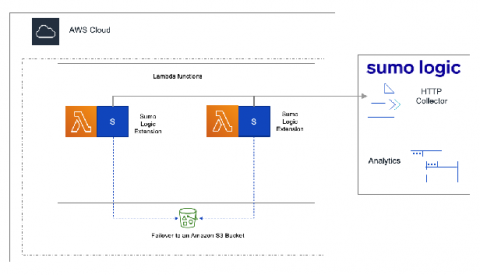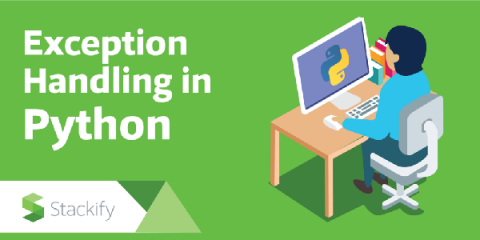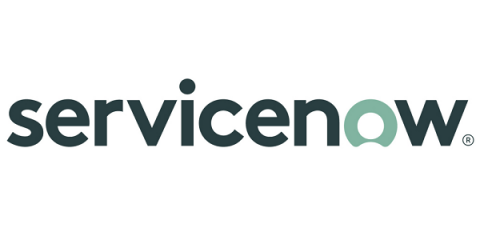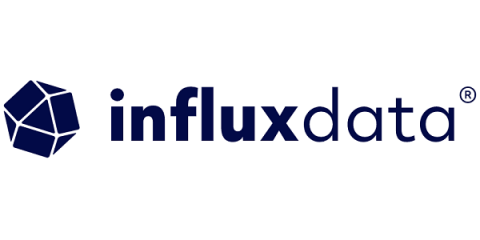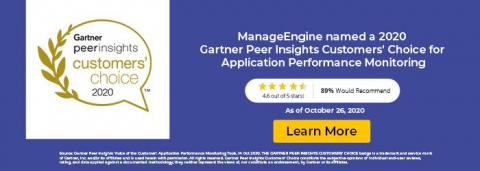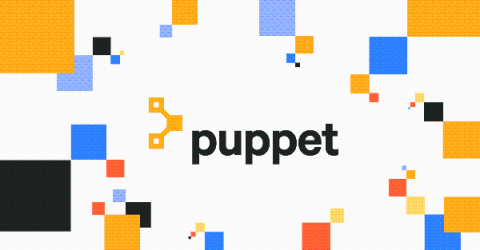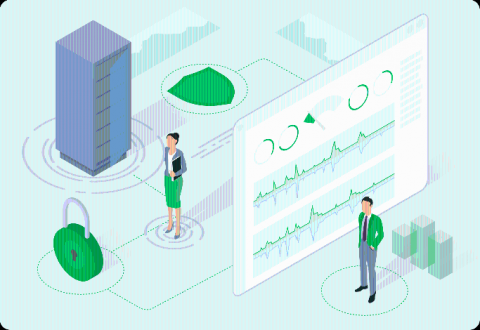Operations | Monitoring | ITSM | DevOps | Cloud
Latest News
How to catch all exceptions in Python
One of the struggles developers face is how to catch all Python exceptions. Developers often categorize exceptions as coding mistakes that lead to errors when running the program. Some developers still fail to distinguish between errors and exceptions. In the case of Python application development, a python program terminates as soon as it encounters an unhandled error. So, to establish the difference between errors and exceptions, there are two types of errors.
Why Black Friday 2020 is going to be the biggest one yet
As Black Friday 2020 fast approaches, companies far and wide have started advertising mega sales in their droves. With slashed prices as high as 75% off, Black Friday has become one of the highest revenue days of the year for the retail industry. This year, however, is different.
Automating common ServiceNow-Microsoft workflows just got easier
IntegrationHub spokes accelerate ServiceNow-Microsoft workflow automation One of the features of the Now Platform Paris release is built-in Microsoft Azure Active Directory integrations that simplify common workflows ServiceNow Onboarding and Software Asset Management (SAM).
Air Quality Monitoring Made Easy with the InfluxDB Air Quality Monitoring Template
Air quality monitoring is important as poor air quality is responsible for an estimated 60,000 premature deaths in the United States each year, and annual costs from air pollution-related illness are estimated at $150 billion. Air quality monitoring can help track and guide action to reduce air pollution, which can cause short-term and long-term health effects for children, older adults, and people with heart disease, asthma, and other respiratory conditions.
ManageEngine recognized as a 2020 Gartner Peer Insights Customers' Choice for Application Performance Monitoring
The mission for the ManageEngine Applications Manager team has always been simple: to provide a unified solution that helps organizations deliver a seamless end-user experience. Application performance significantly impacts operations. Tracking every element across your application stack, finding and fixing problematic components, and ensuring a flawless digital experience is crucial for seamless performance.
Puppet's path to IPO and welcome to our new board members
We’ve had an exciting year here at Puppet, and although it’s not the year we could have expected, I’m encouraged and inspired every day by the resilience of our team, our commitment to each other, and our drive to help customers navigate through so much uncertainty and change.
How Netdata gets you from 0 to monitoring in minutes
Netdata is zero-configuration monitoring. It’s a principle that we’ve stood behind since the project’s beginning, when it was only our CEO Costa trying to solve a “painful, real-world problem,” and it’s one we stand by today. Our insistence on zero-configuration guides every product decision we make, every grooming process, and every React component our frontend teams design.
Welcome to Netdata's community repository: Consul, Ansible, ML
On our journey to democratize monitoring, we are proud to have open source at the core of both our products and our company values. What started as a project out of frustration for lack of existing alternatives (see anger-driven development), quickly became one of the most starred open-source projects on all of GitHub.
An Introduction to our New Product: Logz.io Distributed Tracing
Yesterday we were excited to announce Logz.io Distributed Tracing, the most recent addition to our Cloud-Native Observability Platform. This is such a special launch for us because it makes Logz.io the only place where engineers can use the best open source monitoring tools for logs, metrics, and traces – known as the ‘three pillars’ to observability – together in one place.


